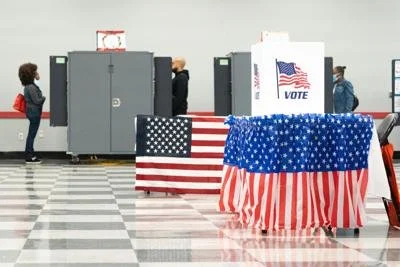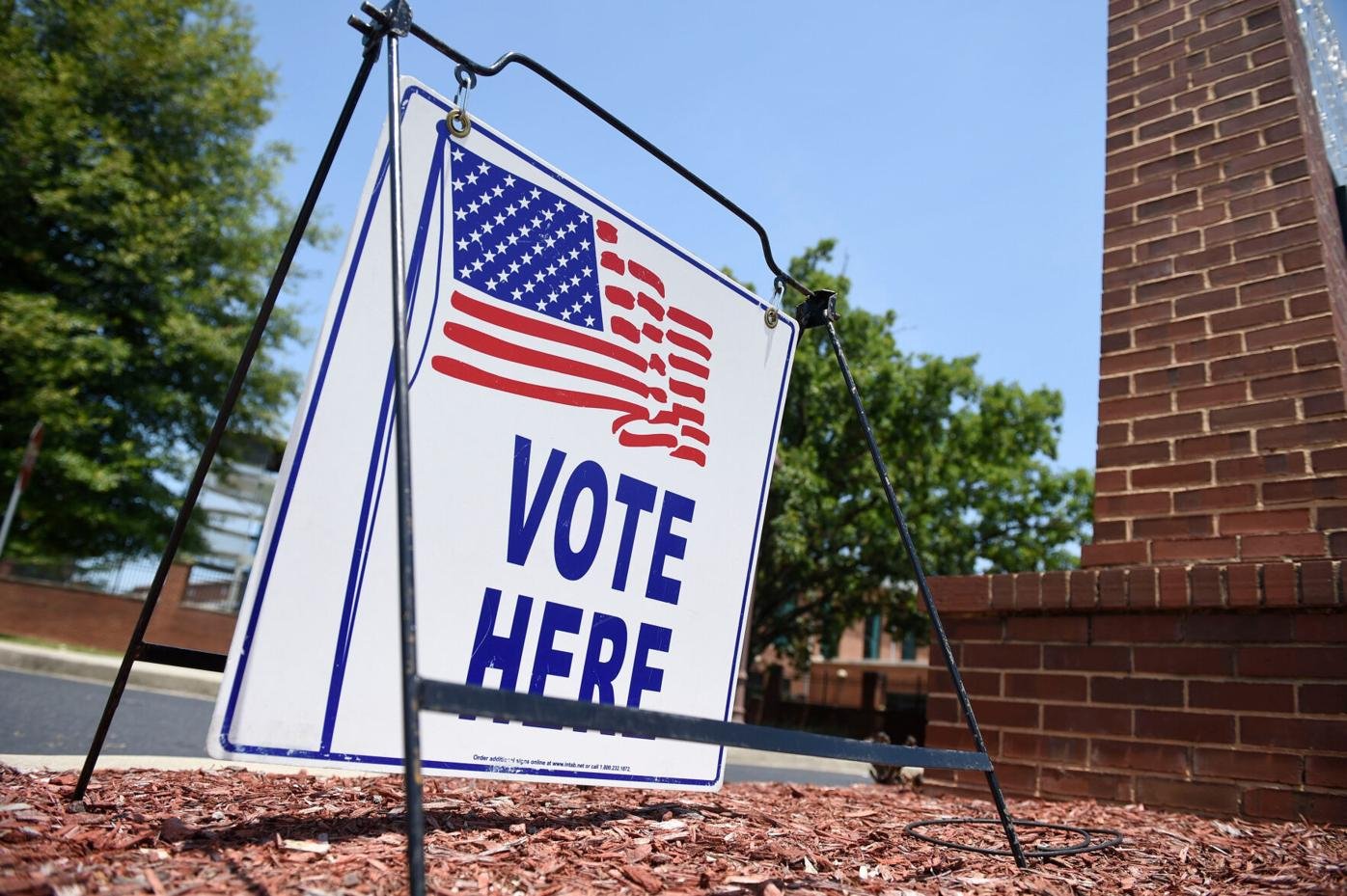What do Voters Think About AI in Politics and Society? By Jeremy Zogby
Although it sounded daft to say back in October of 2020, I wrote about how deep fakes (a type of AI) could potentially play a role in the final weeks leading up to the November Presidential election. This was in the context of October surprises. While not that explosive, indeed there were chaotic events leading up to and following November 3, 2020.
Fast forward three years later, and it appears more so than ever that AI could play a role in the upcoming 2024 election – whether as some malign generative AI content or God knows what. One thing for sure is there’s a crescendo of AI news bytes on a day-to-day basis – and most recently a NY Times headline ran “GOOGLE Tests AI Tool That Can Write News Articles.”
A recent John Zogby Strategies national poll of likely voters asked in general whether or not they’re hopeful or fearful of AI. Nearly half (48%) of all voters say they’re fearful, whereas three of ten (31%) are hopeful.
Other highlights of key demographic data include:
-Democratic voters were split with 40% relatively fearful vs. 38% relatively hopeful.
-Republicans and Independents agree – both two-to-one expressing fear over hope (52% – 30%, 54% – 24%, respectively).
-Equally fascinating is the breakdown of age cohorts – 18-29-year-olds report the lowest regarding a hopeful outlook on AI (26%), just behind those older than 65 who reported 28% with an optimistic view. Note, 48% of 18-29-year-olds say they’re hopeful about the controversial technology – exactly the percentage among all voters.
Photo from WKTV
Put another way, when compared to other cohorts, at the moment, they are not lining up any faster than average for the next generation of AI, which may seem counterintuitive given this group has largely known a digital world – though it could be interpreted they’d like to better know a world where digital is less invasive.
Race is also intriguing – black voters show a slight plurality with a positive outlook, though split (41% vs. 36% fearful), and Hispanic voters are also split (39% fearful vs. 37% hopeful) – remember, this group tends on the traditional side. Yet, white voters are most clearly scared with 54% reporting fearful of AI leaving 27% encouraged.
But the data that jumped out the most is the division between men and women. Men are split (42% fearful, 40% hopeful) and 53% of women voters are fearful vs. 23% positive.
It becomes clear after reviewing the demographic data that each voting cohort is relatively divided over the issue.
And if AI is currently on the trajectory to become part of everyday life, something tells me it’ll soon become a top issue, and I mean sooner rather than later, and perhaps in time for 2024.
Jeremy Zogby is managing partner of John Zogby Strategies






